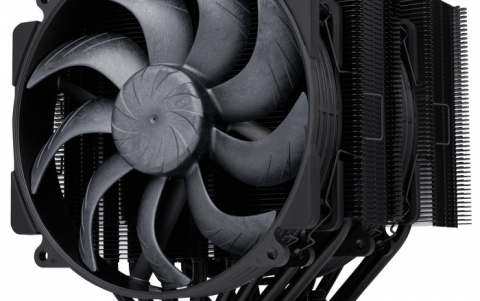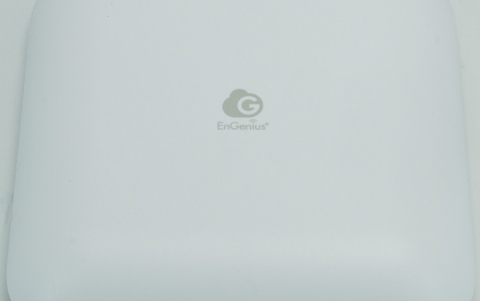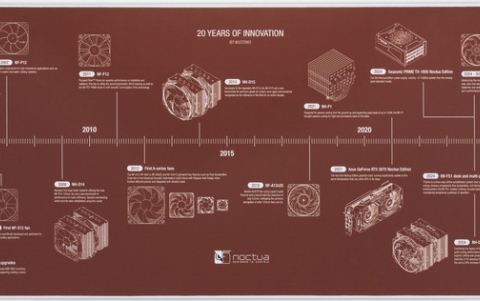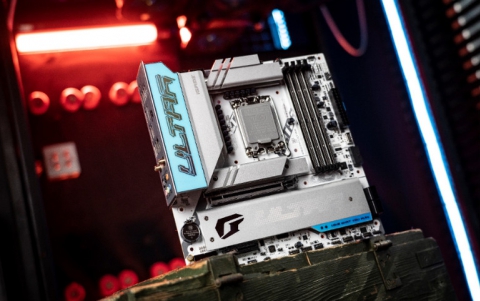Freecom Traveller Premium CD-RW
4. The Performance Results
Review Pages
2. Installation
3. The Performance Tests
4. The Performance Results
5. Usability Tests
6. Conclusion
The Performance Results
The drive's performance is quite adequate for reading, especially if using the PCMCIA interface. The USB and EPP interfaces produce similar results and are limited to 600kb/s in the WinMark 99 test. Comparing to other non-portable CD-RW drives in the market today, you can see that the Freecom isn't actually, what you would call a killer. Nevertheless, that's not what one must look for when purchasing a portable CDRW drive. The drive performs adequately and reliably and using it with the PCMCIA, interface boots it's performance at the level you would expect from a 4x4x20 drive.
Going into more detail, that becomes clearer. We were pleasantly surprised by the drive's performance when reading a CD-RW disk, which sustained an average rate of 10,72x, which is quite faster than many of the CD-R and CD-RW drives on the market today (like the Internal Matsushita 24x of our laptop, which is limited to 4x, and even the Ultraplex 40x with the 1.0x firmware is limited to 8x CLV). On the other hand, the result of the Audio Extraction with the USB interface (2.51x) was a little disappointing, and didn't have to do with a drive limitation rather than an interface or driver limitation that we hope to be arranged in the future.

It's seek time of course can't compete with a CD-ROM drive, but it's adequate. The CPU Usage, as expected, stays a little high on the USB and EPP, whereas with the PCMCIA it remains at normal IDE levels.
Writing Tests

As you can see the drive supports almost all the major CD-R/RW modes except CD-TEXT and MMC DAO RAW, two features that the average user of this drive wouldn't miss much, but we would love to see the drive supporting them in the future.
We used Nero Burning Rom v4.0.0.9 as the recording software to perform our tests. The CD-R tests were in general successful. The drive could write at 4x at all types of media that we tested on (Princo 8x &12x, Mitsui SG, EMTEC 8x, TDK) on all three of the interfaces that we tested. We never got any buffer underruns and the CPU usage remained always under 10%. Trying to use That's Write 80min CD-R media tough, we discovered that the drive was unable to burn them at 4x, whereas we could write on them perfectly at much higher speeds (8x+) with all the other CD-RW drives we had available.
Furthermore, we faced a similar situation though our CD-RW tests. We used Princo 4x, Formet 4x, Matsushita 4x and Princo 2x Media. The Formet and 4x Princo preformed flawlessly at 4x. The Matsushita 4x and Princo 2x could not be written at all with the Freecom Traveller Premium 4x4x20, even at speeds as low as 1x. The drive would either refuse to write on them presenting an "Incompatible Speed error" or would halt and spit out the CD-RW in the middle of the burn. Testing the same media with the other desktop CD-RW drives that we had available at that time, we assured that it was not a media problem, as all where successfully burnt at their specified speeds.
To sum up, the results show that the Freecom Traveller Premium 4x4x20 for sure faces some compatibility problems with several of the media out today, which are more severe when writing to CD-RW media. Let us note here again that by using media that the drive "liked", we never faced a single problem and the drive was a pleasure to use. Our suggestion is that if you buy this drive and before buying media of big quantity, make sure that the media you have chosen is compatible with the Freecom. As we test more media with the drive, we'll try to keep this list updated, but you can mail us your experience with certain media on this Freecom, as well.
Review Pages
2. Installation
3. The Performance Tests
4. The Performance Results
5. Usability Tests
6. Conclusion













